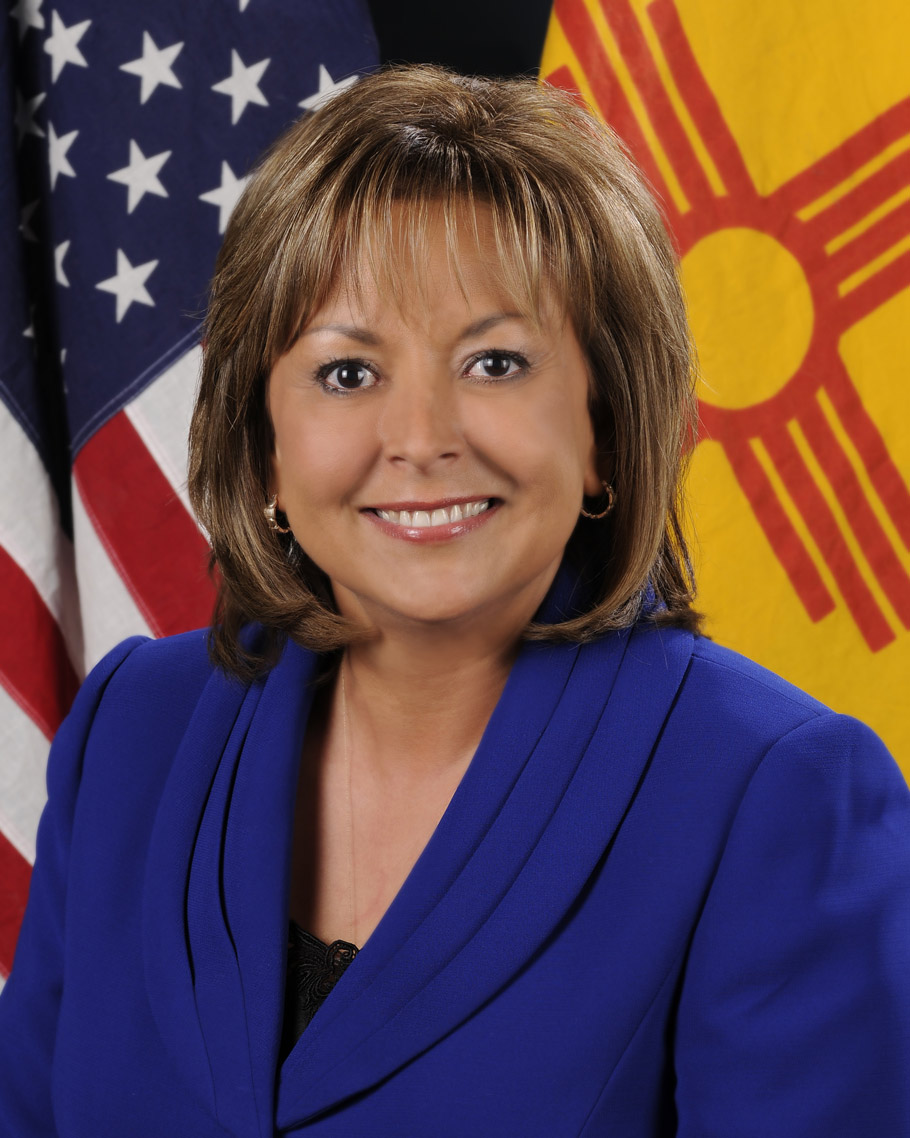Supreme Court Reverses Vetoes
10 Bills From 2017 Enacted As Law


courtesy of the state of New Mexico
Latest Article|September 3, 2020|Free
::Making Grown Men Cry Since 1992


courtesy of the state of New Mexico
